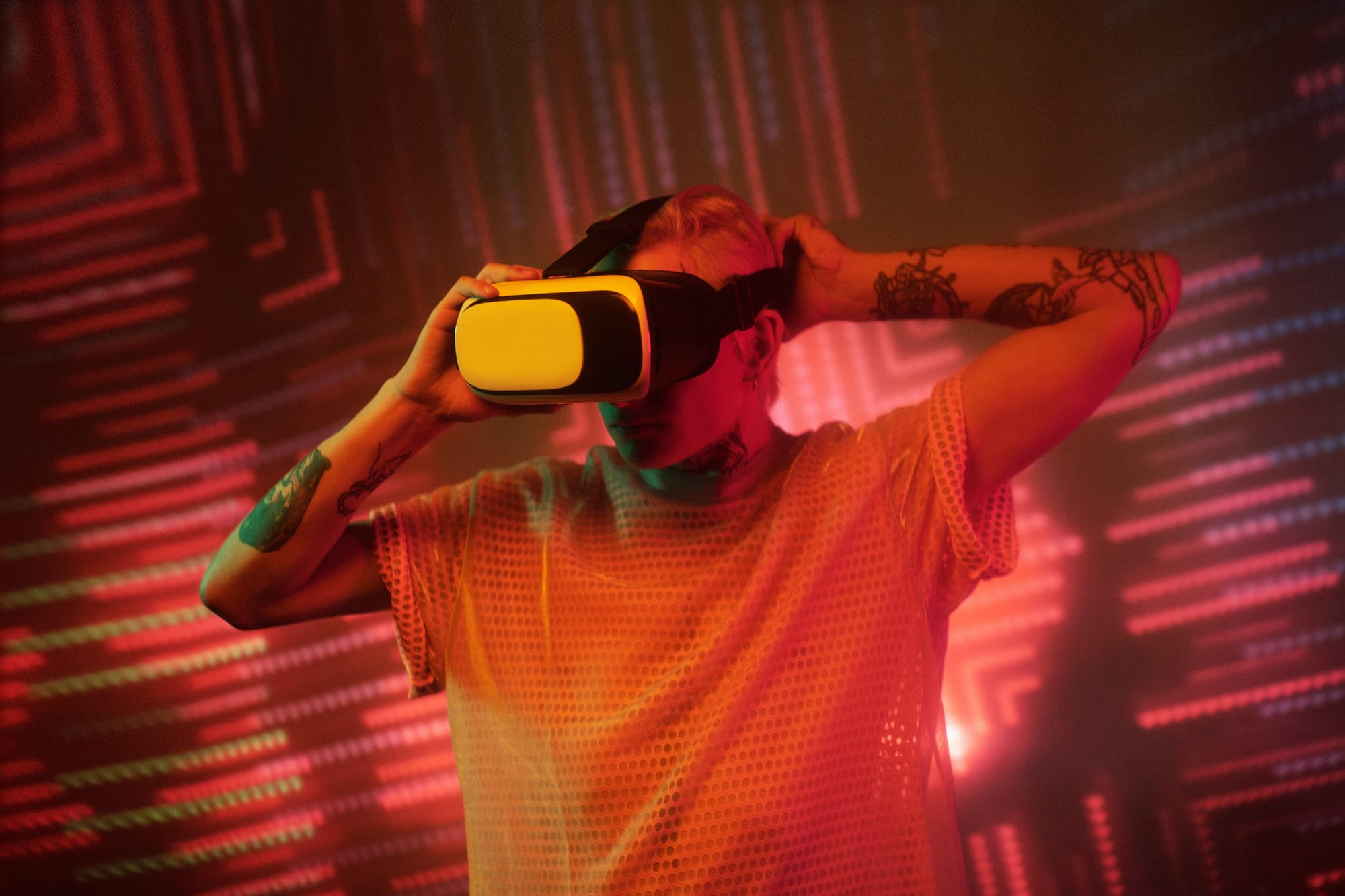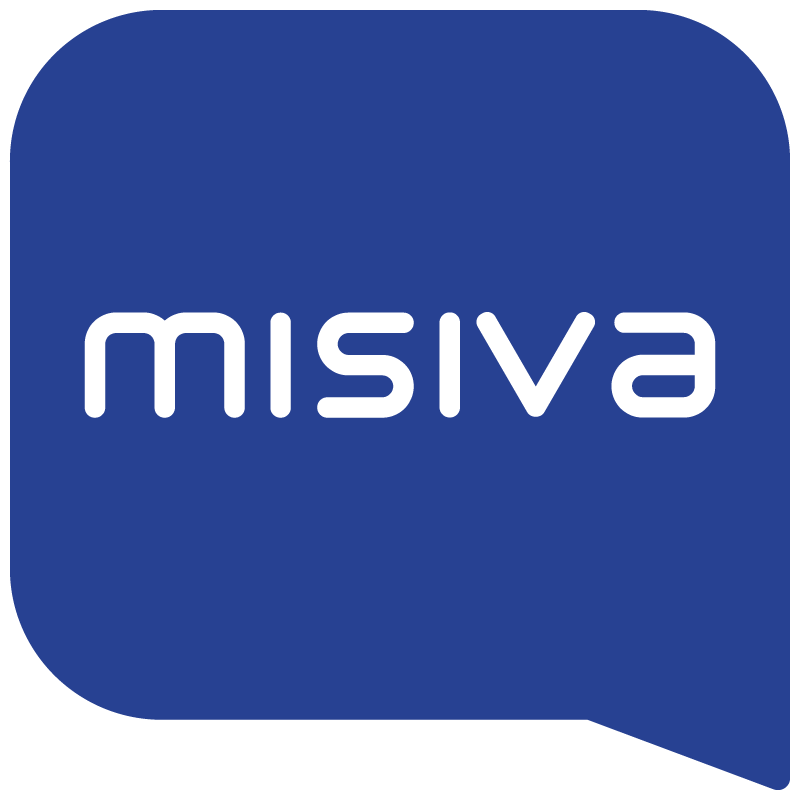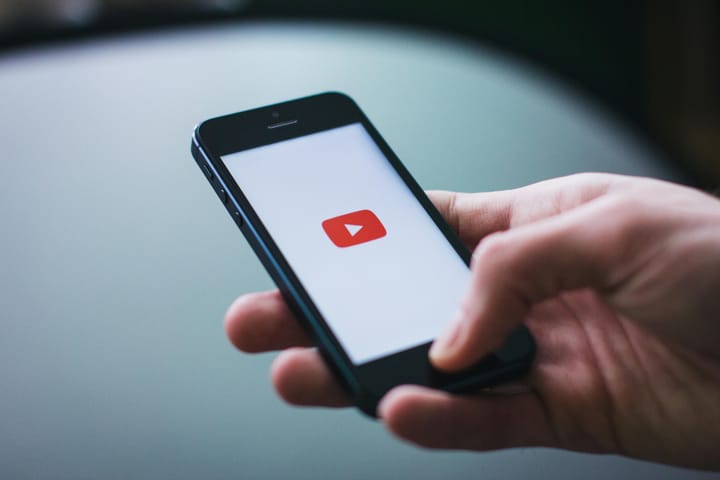The future of marketing: Digital trends that marked 2023

The digital marketing industry is experiencing a wave of innovation that is redefining how brands interact with their consumers. From the integration of artificial intelligence to the expansion of the metaverse, 2023 has seen a fascinating shift towards more immersive and interactive experiences. Here we examine the six most prominent trends that changed the digital marketing landscape:
1. Artificial Intelligence (AI) in Digital marketing channels
Artificial intelligence (AI) and machine learning (ML) have been developing for some years, but their impact on digital marketing will be even more pronounced during 2023 and 2024. Brands have adopted AI technologies to analyze consumer data, personalize messages, and anticipate trends. One of the most notable additions is the use of Large Language Models (LLMs). These models are capable of understanding, generating, and processing human language in a way that was unthinkable a decade ago.
ChatGPT, based on the OpenAI GPT-4 architecture, is an excellent example of how LLMs are becoming indispensable tools for marketing. These models enable content generation, real-time interaction with customers through chatbots, and deep analysis of their conversations to extract valuable insights.

2. Short Videos: Dominance of TikTok and Instagram reels
The revolution of visual content has found its highest expression in short videos, especially on platforms like Instagram Reels and TikTok, and continues to be an essential trend for brands wishing to connect with a younger audience. But why are these formats so relevant?
✅ Their brief duration capitalizes on the diminishing attention span of audiences in the digital era, allowing powerful messages to be conveyed in very short time frames. This makes the content more consumable, shareable, and thus, more likely to go viral.
✅ Second, the interactive nature of these platforms encourages users to participate, comment, share, and recreate content, fostering a type of engagement difficult to achieve through other media. Producing native content for Reels and TikTok means understanding and being part of this culture and each platform's peculiarities.
✅ Lastly, by designing content specifically for these formats, brands can fully leverage the tools and functionalities offered, such as certain special effects and music, creating more immersive and impactful experiences.
3. Metaverse: Diving into virtual experiences
The concept of the metaverse has evolved from science fiction fantasy to tangible reality. Platforms offer immersive virtual experiences that allow users to interact with environments and characters in a three-dimensional digital space. For brands, this represents an opportunity where they can create immersive experiences, from virtual stores to exclusive events in the metaverse.
For example, the company Accenture has created a metaverse environment to explore new forms of collaboration and communication, launching "Accenture Metaverse Continuum," a task force aimed at helping businesses adapt to the new technological environment where relevance lies in Web3, digital twins, and extended reality.

4. Shoppable video ads: Taking interactivity to the next level
The days of merely watching ads are fading. Streaming platforms are introducing interactive video ads where users can click and buy directly from the ad. This immersion in the advertising experience not only reduces friction in the purchase process but also improves conversions, as consumers can act on an impulse on the spot. Some of the platforms working with this methodology include Grip, Amazon Live, Buywith, Instagram, among others.
5. Featured snippets in Google searches
Optimizing for featured snippets in Google search results has become more relevant than ever. These "snippets" provide a quick and direct answer to user queries and are displayed at the top of the search results. Brands that can capture these spaces not only gain visibility but also authority. The key is to provide accurate answers to common questions related to their niche.
The marketing website HubSpot has achieved featured snippets on Google to answer questions about digital marketing. Similarly, the SEO site Moz stands out by responding to queries about SEO.

6. Privacy and data protection: An undeniable priority
Respect for privacy and the protection of users' personal data has become one of the biggest concerns of digital marketing. Companies must not only comply with stricter regulations but also earn user trust by demonstrating ethical and transparent data management. GDPR in Europe, CCPA in the United States, and Google's decision to end third-party cookies are generating changes in strategies. In Ecuador, the Organic Law on Data Protection has already caused companies to prioritize user privacy.
Adopting data collection and usage practices that are clear, fair, and consent-oriented is essential for building and maintaining customer trust.
Digital marketing is constantly evolving, and 2023 has seen many changes. Brands looking to stay ahead must adapt to growing trends, adopting new technologies and approaches to reach their audiences in more impactful and interactive ways. But above all, they must act with integrity and transparency to ensure consumer trust and safety in this digital age. It's an exciting era in the world of marketing, as the barriers between content and consumer continue to blur.



